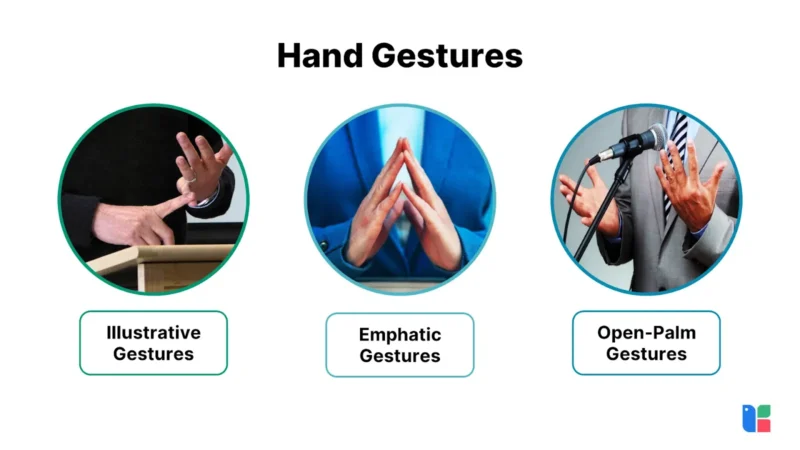5 Primary Uses of CRM for B2B Marketing

During the past few years, CRM has revolutionized B2B marketing. Today, sales representatives have all the information at their fingertips, thanks to CRM.
No matter where they are, getting access to information and responding to queries is not a big concern. Thus, B2B marketers are finding CRM as an efficient tool for achieving targets. The record of conversion data, consumer history, and campaign performance reveal useful insights for future strategies.
Above all, an amalgamation of marketing, sales, and consumer relations at one place serves to ease the buyer’s journey. It proves that investment in a viable CRM for B2B marketing is imperative. Let us learn more about the uses of CRM in B2B marketing and study its benefits.
- Contact Information
Though the term CRM stands for Consumer Relationship Management, it is much more than this. CRM starts functioning even before a lead is converted into a final consumer. It serves as a tool for conversion.
Almost every B2B marketer requires contact information and other details for targeting leads. This information is not limited to contact name, address, and job title. In these days of digital marketing, information like page visits, total time on the page, recent searches, etc., is essential. This information gives a clear idea about the lead and helps in designing a relevant tactic for targeting.
When this information is in hand, marketers can target leads in a more focused manner. Thus, the probability of converting more leads in less time increases automatically. Besides this, it helps in making the most of the marketing investment. For instance, a CRM for real estate has data related to the client’s interest, former experience, property range, etc. Based on this data, marketers can target clients and show relevant property options.
- Segmentation
The access to detailed information helps in the segmentation of the targeted customers. This grouping of potential clients helps in targeting in a better way. B2B marketers find CRM helpful in grouping customers based on industry, business level, geographical location, etc. Thus, the resulting campaigns are tailored to the specific needs of the buyers.
For instance, B2B marketers can make a group of people who downloaded an eBook but did not proceed with a subscription. They can send an email revealing the first subscription discount followed by a call from a representative.
Likewise, marketers can group clients as per the geographical location and offer discounts during holidays and traditional events.
- Automation
B2B marketers can achieve targets easily due to the marketing automation feature of CRM. Since CRM automates several marketing functions, chances of errors are reduced drastically. In manual tasks, the risk of repeated or wrong contact entry is common. However, this is not the case in CRM.
Additionally, marketers can easily notice the prospects during their sales journey. They can stay connected and reduce the chance of bouncing these leads back. Furthermore, they assign the lead to a suitable representative or a sales team member. Thus, each lead gets focused attention during the buying journey.
For instance, banking apps that use CRM get auto-notifications about payments. The bank can make automatic payments when a due date is near and send an alert if the balance is low. Likewise, it can send auto-notifications to the clients if the payment is not made on time. It saves time and eases up employee pressure, which is otherwise difficult to handle.
B2B marketers also use CRM for sending routine marketing emails like a welcome email, subscription renewal email, discount emails, etc. If done manually, these emails will require a lot of time and effort. Automation of such emails helps in staying in the mind of consumers at every stage. Thus, email automation helps in increasing the effectiveness of email campaigns. It is even backed by research conducted in 2018. Thus, the synchronization of email campaigns with CRM helps in revealing the best results for marketers.
- Attribution
These days where thousands of brands are competing, getting access to attribution data is important for marketers. Since B2B marketers use a variety of ways to approach new clients, they need to determine the best ones. This identification of the marketing channel or step that has reaped the most favourable outcome helps in future planning.
CRM is a great platform for maintaining this attribution data. With just a few clicks, the tool reveals the performance of each marketing step. There are reports, charts, and graphs for reviewing the results on the dashboard.
So, instead of relying on guesswork, marketers have solid data to know the best steps that give the most ROI in less time. It results in spending the marketing budget in the right direction and eliminating the loopholes. It is termed data-driven marketing, where each marketing step is determined based on former data. Thus, marketers achieve efficiency, and business growth becomes easier.
Above all, marketers can easily share this data with the shareholders and other higher authorities. It serves as evidence of taking any new marketing step. It is a modern marketing method where having a detailed record of data is imperative.
- Alerts and Reports
Instead of relying on manpower, B2B marketers can now consider CRM as their powerful business tool. The tool sends alerts at multiple actions and reminds us to take a certain setup. For instance, we get an alert whenever a lead progresses in a sales journey. In this way, marketers do not miss even a single chance of targeting the leads. This continuous attachment with potential clients helps in creating a distinctive brand identity. It showcases a professional brand attitude and highlights how the business gives prime importance to its clients.
Wrapping It Up
All in all, CRM has become the lifeblood of every B2B business. In this modern era where automation is at its peak, CRM is providing commendable marketing solutions to B2B marketers. By relying heavily on marketing automation, businesses are competing well and achieving efficiency in less time. Besides this, CRM serves as a hub of client information. This detailed information assists in segmentation and retargeting.
Furthermore, CRM also provides attribution data, which is another useful asset for marketing. The reports, charts, graphs, and detailed analysis of CRM serve as a base for marketing. CRM is a great tool, and it will come up with more amazing features shortly.





